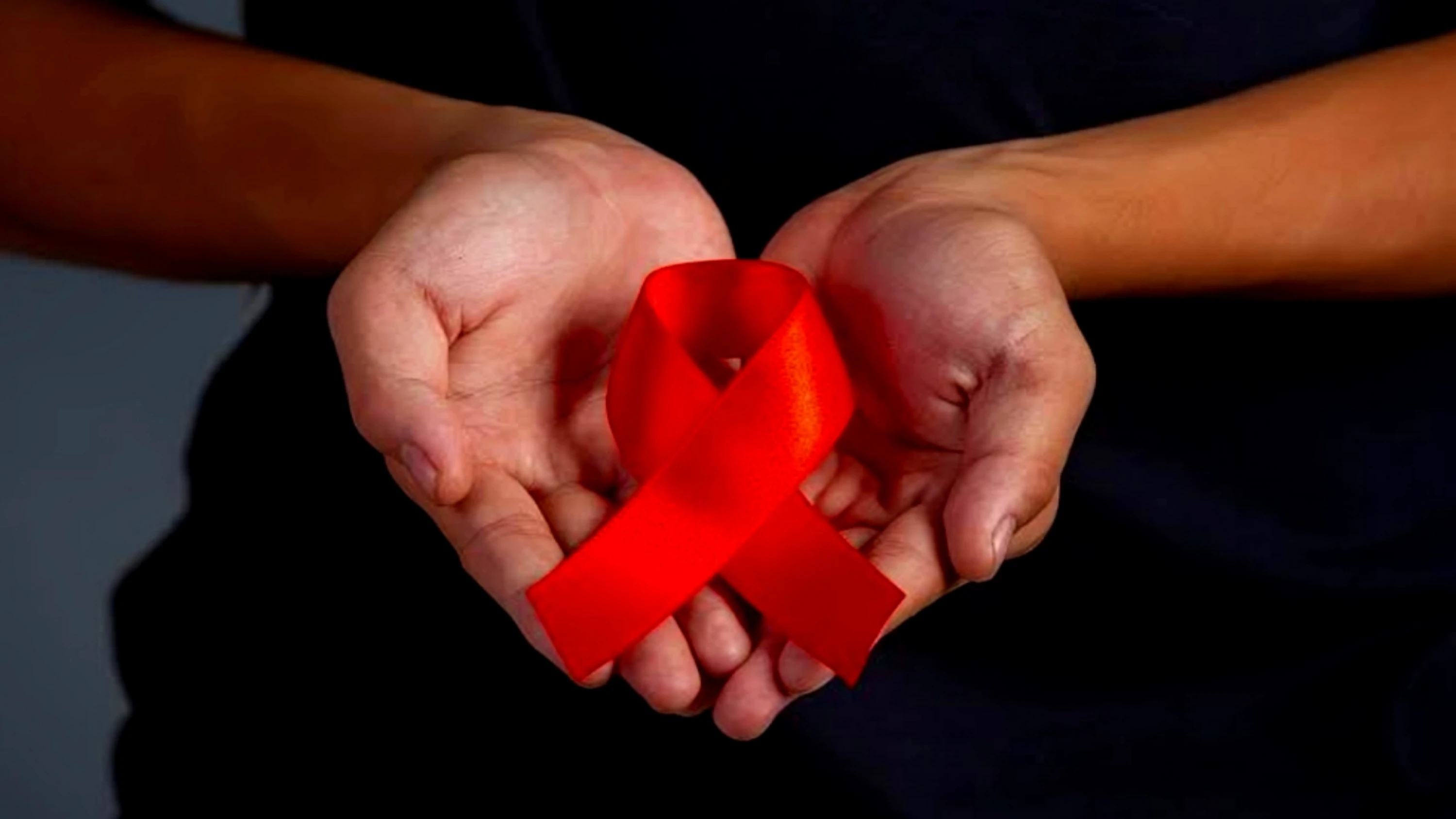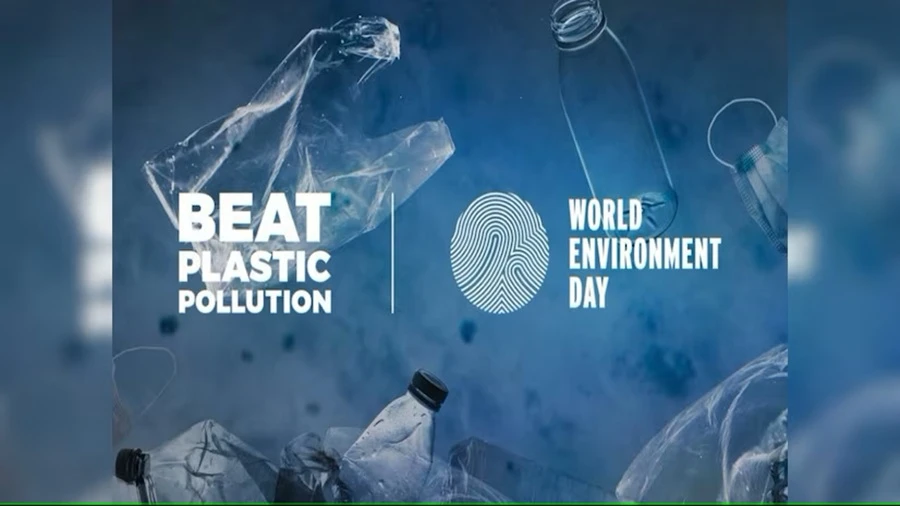New York: AIDS-related deaths have dropped to their lowest point since 2004, marking a major milestone in the global fight against the disease. Yet, despite this progress, one person still dies from AIDS every minute, underscoring the fragility of recent gains.
At a United Nations General Assembly session on Thursday, UN Deputy Secretary-General Amina Mohammed issued a stark warning: the global response to HIV/AIDS, though historically successful, is now at a critical juncture. “The global commitment is weakening, funding is declining, and the essential systems delivering HIV services are under strain,” she said.
Currently, over 30 million people worldwide are receiving antiretroviral treatment, a sign of what Mohammed called a “clear example of multilateral success.” But the risk of regression is growing as international funding dwindles, threatening vital HIV services—particularly in high-risk regions like sub-Saharan Africa.
One of the most pressing concerns is the uncertain future of PEPFAR, the U.S.-led initiative responsible for a large portion of HIV/AIDS funding in Africa. Should these funds be cut permanently, UNAIDS projects up to four million additional AIDS-related deaths and more than six million new infections by the end of the decade.
Mohammed stressed that these potential losses are avoidable. “We cannot let short-term budget decisions erase decades of progress,” she urged, emphasizing the importance of sustainable funding, national leadership, and international cooperation.
Many low- and middle-income countries in Africa are now spending more on debt repayment than on healthcare, making it even harder to sustain HIV treatment programs. Mohammed called for debt relief, comprehensive tax reforms, and stronger support from the global community to stabilize health systems.
She also condemned the growing attacks on human rights, including punitive laws and hate-fueled violence against marginalized groups. “Health and human rights are inseparable,” she said, warning that fear and discrimination deter people from seeking lifesaving treatment.
Adding to the crisis, grassroots and community-led organizations are losing critical support at a time when their outreach is most needed. Mohammed called on the UN and its partners to help protect and rebuild these frontline networks.
Concluding her address, she reminded delegates that the end of AIDS is within reach, but not inevitable. “We know what works. The tools are in our hands. But success will require renewed will, stronger solidarity, and unwavering investment,” she said.








